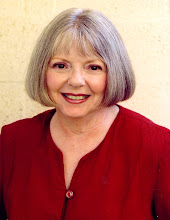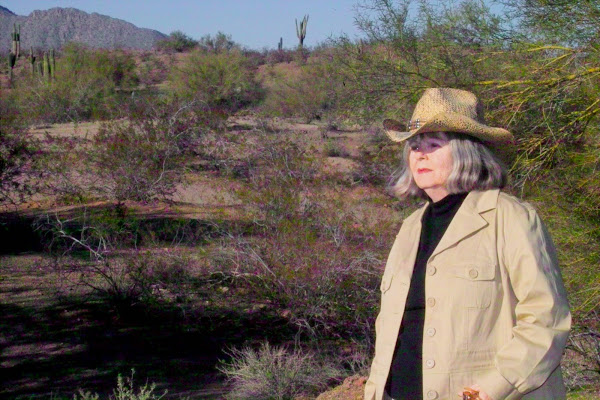By Vicki Delany
I’ve recently finished reading a very interesting book, The Suspicions of Mr. Whicher by Kate Summerscale. It’s a true story about a sensational murder in the town of Road, in England in 1860. Mr. Whicher is Jack Whicher, one of the very first detectives on the London police. One night in July of 1860, a three-year-old boy was removed from his bed, taken outside, had his throat cut, and was stuffed into an outdoor privy (aka outhouse). As the house was tightly locked that night, and there was no sign of break and enter, suspicion immediately fell on inhabitants of the house, family and servants. After an initial incompetent investigation by the local police (which refused, for matters of delicacy, to question the family) a detective from the brand-new Scotland Yard was called.
And, not incidentally, the detective novel was born.
Summerscale explains that Wilkie Collins’s great book The Moonstone was influenced by the Road House case, and Collins’ detective, Sergeant Cuff, is considered to be a fictional version of Inspector Whicher. The Road case contains the staples of mystery fiction as we know it today: the large family with hidden passions and secrets, the nosy villagers, the incompetent (or just outwitted) local police, the big-city detective.
The Moonstone is, arguably, the prototype for all detective fiction being written today.
Including my own, the Constable Molly Smith Series, of which the second, Valley of the Lost, was released by Poisoned Pen Press in February.
I am a great lover of British Police Procedurals (Ian Rankin, Susan Hill, Peter Robinson, Aline Templeton, Stuart Pawson are among my favourites). When I decided to switch from writing standalones to a series, I wanted to write the sort of book I love to read so much: the traditional police procedural.
One problem – I have no law enforcement experience whatsoever. None. Zip. Nada. I used to be a computer programmer and then a systems analyst with a big bank, not much police work there. (Although I am qualified to identify potential money laundering and terrorist banking activity!) And as a Canadian, writing a Canadian series, I’m in a somewhat difficult position regarding policing, as most of what I read is either British or American. And Canadian policing can be very different.
Here’s an example. Canadian police are not allowed to carry their guns when off duty. Most Americans, I believe, are required to do so. The British police don’t carry guns normally, and have to take special steps if they need one. At the end of In the Shadow of the Glacier (the first book in the series), when Constable Smith isn’t in uniform she has only her cell phone and stiletto heels with which to defend herself.
As Camille said in her essay below: Don't write what you know. Write what you want to learn. Where could I go to find out about Canadian policing?
I wrote to the police force of the town that is the inspiration for the fictional village of Trafalgar B.C., explained who I was and what I was trying to do. To my considerable surprise, and delight, they wrote back and said they’d be happy to help. It was as easy as that.
Over the next months, my contact answered all my questions - he even went around the station taking pictures to send me - and when I arrived in town he gave me a tour of the station (including the cells complete with prisoner), introduced me to everyone, and arranged for me to go on a couple of walk-alongs with the beat constable. I met a female officer who was happy to answer all my questions about the special difficulties women face on the job. Later, I met a police officer for the town near where I live at a book signing and she arranged for me to accompany one of their officers on a ride-along. Nice, eh? On the other hand, I wrote to the police in the town where I used to live asking for help and got a very terse note back, basically telling me to get lost.
When I told one of my crime-writing friends about that, he suggested that in my book I have a character transfer in from said town because he couldn’t stand the incompetence and corruption. I resisted the urge to do so.
I wonder where Wilkie Collins got help for his books.
_____________________________________
To learn more about Vicki Delany, check out VALLEY OF THE LOST and other novels from Poisoned Pen Presssee the exciting trailer at You Tube: http://www.youtube.com/watch?v=cOJ4m391LZQComing May 2009 - GOLD DIGGER: A KLONDIKE MSYTERYwww.vickidelany.comhttp://typem4murder.blogspot.com
And for more information about mystery novels and writing, be sure and read the other posts below.
Friday, March 27, 2009
Subscribe to:
Post Comments (Atom)










4 comments:
Hi, Vickie:
Enjoyed your post, and it reminded me to re-read The Moonstone.
I had to laugh at your comment about your local police. Unless you're famous,the locals don't take you seriously. My advice: ask a stranger!
You did that and got great help. Congratulations!
Best of luck,
Pat Browning
Absinthe of Malice (2008)
pbrowning.blogspot.com/
Wow, I was impressed with her contact taking pictures. When I called the police in Texas mostly I just got the run around. It's always so nice to run into people who are willing to give you their time to help.
Thanks for a fun post. I've been very lucky with police detectives sharing what they know. But so far, the pathologist won't let me watch an autopsy :(
http://ljsellers.com
I loved the Summerscale book too, and named #4 on my best books of 2008 list. Fascinating to see where it all started! I blogged about it here:
http://bmorrison.com/blog/139/the-suspicions-of-mr-whicher-by-kate-summerscale
Peace,
Barbara
HERE AT LEAST: Poems by B. Morrison
www.bmorrison.com
Monday Morning Book Blog: www.bmorrison.com/blog/
Post a Comment